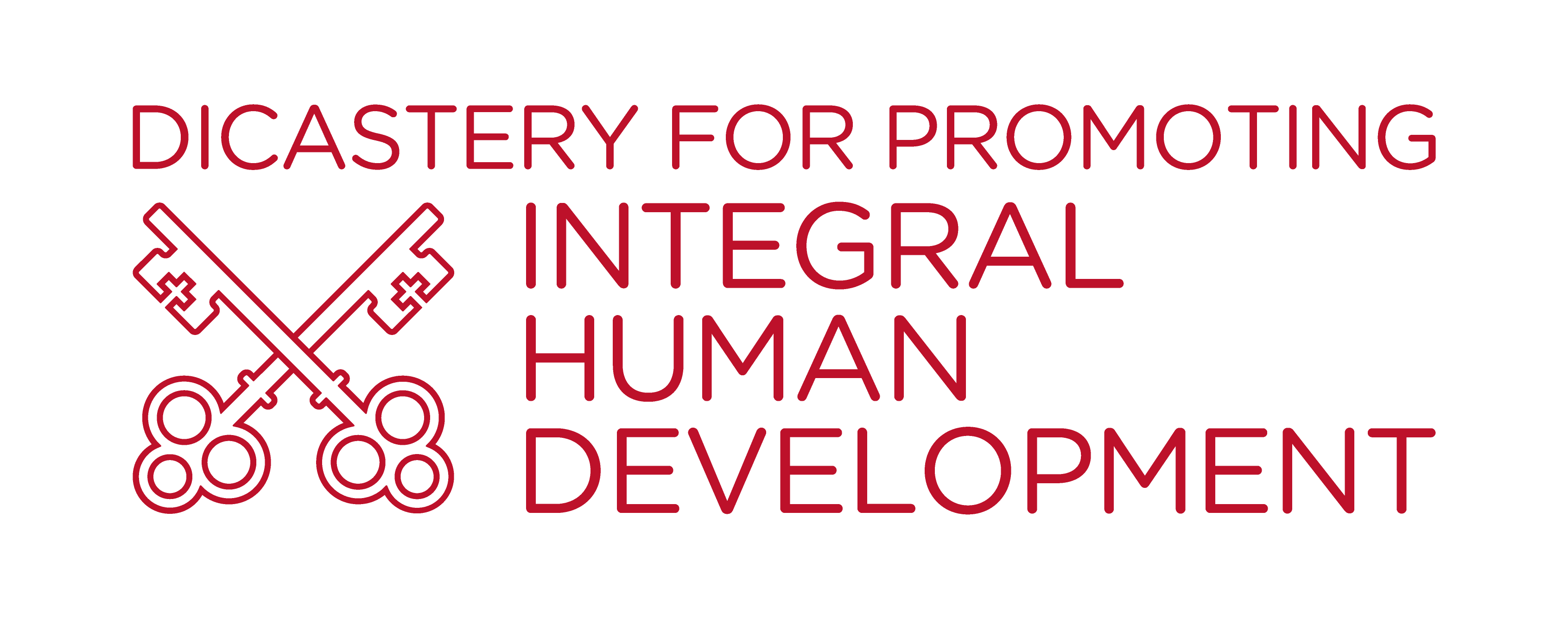
ECONOMIC DEMOCRACY
Collective actions of responsible consumption and an exercise of economic democracy
The Economy of Francesco’s young people come from different disciplines and cultural backgrounds. But there’s something we share: we are all citizens-consumers and we all go shopping. Then, the question arose: how can we, as consumers, give our contribution to the issues of work and inequality? We wanted to make up something that would express the concept of economic democracy.
This has been a common starting point for concrete action: promoting responsible consumption. To do this, we developed various individual and group activities, which allow us to promote consumption that prioritizes issues such as social values, environment, employment, justice, inequalities, among others.
“We need more circular processes, to produce and not squander our Earth’s resources, fairer ways of selling and distributing goods, and more responsible behavior when we consume.”
Pope Francis
SLOTMOB THE ECONOMY OF FRANCESCO
In recent years, in Italy, a movement has come to life and has grown within civil society that calls for a radical change of direction on the current management of gambling, which is adhered to by associations, local authorities and ordinary citizens. The reason is clear and evident: the negative consequences of this phenomenon from an economic, social, health and urban planning point of view are there for all to see. Like all complex phenomena, the resolution of the gambling phenomenon calls for serious reflection to try to stop it, to identify the propulsive center of the entire system to try to seriously challenge it.
Usually, the rhetoric of illegal gambling is used to promote ‘legal’ gambling, leaving aside all attention to the consequences that such activity produces on a social and health level and in people’s lives. Gambling is not a game and it is never good. All gambling is pathological, toxic, addictive, captures the most fragile, consume the poor for profit, pollutes the land, makes the historic centers of our cities ugly, is turning the sport into a gambling den, and steals 88 billion euro a year from the economy of those who work honestly. Gambling is the enemy of the common good.
The non-partisan Slot Mob movement has launched the idea of organizing collective events of responsible and active citizenship, to reward those bars in our cities that have given up slot machines, VLTs and everything else: a strong no to gambling through celebration, sport as gratuitousness and a joyful encounter.
Check out more about it. CLICK HERE.
INTO THE LABEL
This is a worldwide workshop to promote responsible consumption. An action that leads us to read between the lines, to go Into the LABel!
We want supermarkets to be the stage for a wallet vote because when we buy a product, we express a preference, we reward and support the work of a company!
Through “IntotheLABel,” citizens become the protagonists of an experiment in economic democracy. They learn to assess, in consumer choices, not only the price or the perceived quality of the product but also its social value. In connection, for example, with the characteristics of the supply chain, the environmental impact of production processes, the relations with suppliers, and the working conditions.
The workshop is conceived as an “election day” in which some products are submitted as candidates to vote through their purchase, on the basis of their different “programs,” i.e. the information gathered by the young organizers and shared (in a somewhat original way!) in relation to the event.
- What is the market demand if not the sum of different people (customers), making their own purchasing choices? And what would happen if the customers began to consider, demand and pretend ethical aspects in the way in which a product is produced? Through these questions, Luca Guandalini, a young economist of The Economy of Francesco, introduces the conceptual part of this workshop in the following article. Click Here.
- How are young economists changing the way we study and conceive consumption? To know more about it, we invite you to check out the interview with Elisa Andreoli, from Riva del Garda, a small town in Trentino-Alto Adige (Italy). After a three-year degree in Economics and Management, she has reached the end of her studies in Sustainability and Tourism Management at the University of Trento – Università degli Studi. Click Here.











